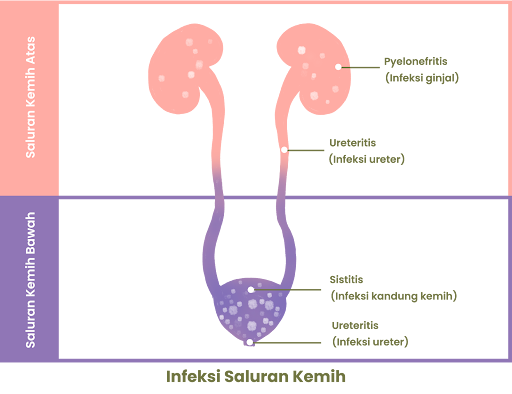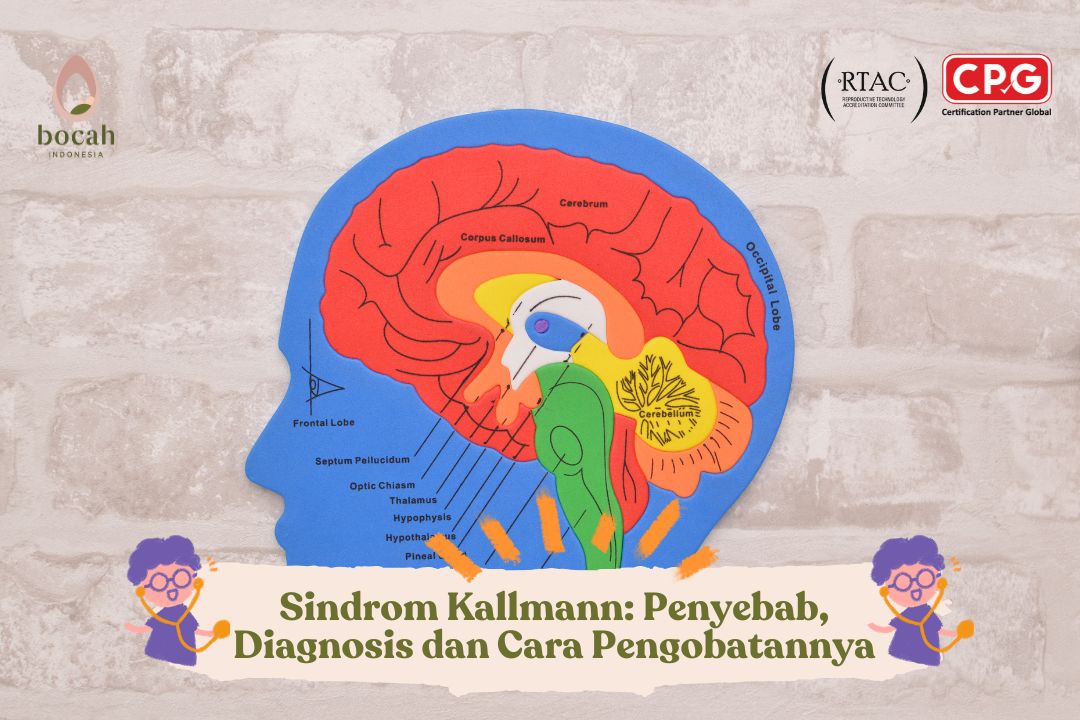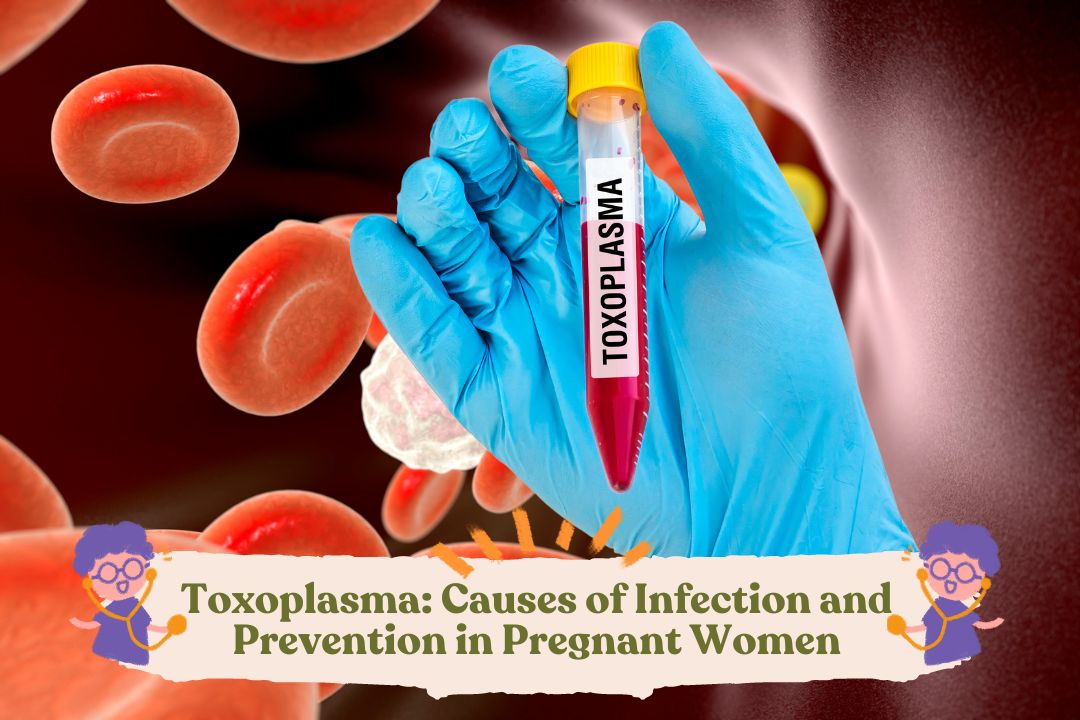Severe Urinary Tract Infection Symptoms and Treatments That Won’t Make You Uncomfortable

Urinary tract infections are considered severe and “complicated” if they carry a high risk of complications.
A urinary tract infection (UTI), which causes pain and discomfort, is something you’d want to cure as soon as possible when experiencing it. Often, simple UTIs can be treated with short-term antibiotics. However, some urinary tract infections are more severe and complicated, requiring different and more complex treatment regimens.
Types of Urinary Tract Infections

Most urinary tract infections are simple or uncomplicated. On the other hand, there are also complicated UTIs that are harder to treat or carry a higher risk of complications. This condition is diagnosed based on an individual’s risk factors and the characteristics of the infection itself.
A urinary tract infection is considered uncomplicated if it occurs in a healthy person with a normal urinary tract. In contrast, complicated UTIs occur in an abnormal urinary tract or when most antibiotics cannot treat the bacteria causing the infection.
Tanya Mincah tentang Promil?
Additionally, UTIs in women are considered uncomplicated, whereas those occurring in men and children are classified as complicated.
1. Uncomplicated Urinary Tract Infection
To be classified as uncomplicated, a UTI must occur in a woman and not be accompanied by:
- Fever
- Pregnancy
- A condition that weakens the immune system
- Urinary catheterization
Moreover, uncomplicated UTIs must be limited to the lower urinary tract, which includes the bladder and urethra—the tube that carries urine from the bladder to the outside of the body.
Finally, a UTI is considered uncomplicated if caused by common bacteria responsible for UTIs, which naturally exist in the human digestive system and around the genital area.
2. Severe (Complicated) Urinary Tract Infection
A urinary tract infection is considered severe or complicated if it occurs in:
- Men
- Children
- Pregnant women
- Individuals with immunocompromised conditions, where immune function is diminished
- Individuals using urinary catheters
A urinary tract infection is also considered complicated if the infection:
- Causes fever
- Involves the upper urinary tract, including the kidneys (known as pyelonephritis) and the ureters, the tubes that carry urine from the kidneys to the bladder
- Causes sepsis, meaning the infection is serious enough to trigger a strong immune response
- Is caused by kidney stones
- Is caused by unusual bacteria
Causes of Urinary Tract Infection
Most UTIs (80 percent) are caused by the bacteria Escherichia coli, commonly known as E. coli. This bacterium normally resides in the human digestive tract and around the genital area. Other types of bacteria that can cause UTIs include:
- Staphylococcus saprophyticus
- Klebsiella
- Proteus
- Enterococci
The above bacteria and several others can cause complicated UTIs. However, complicated UTIs are more often caused by bacteria that are resistant to drugs.
Differences in Symptoms Between Simple and Severe Urinary Tract Infections
Typical symptoms of uncomplicated UTIs include:
- Pain or burning sensation during urination
- Presence of blood in the urine (hematuria)
- Cloudy or strong-smelling urine
- Frequent and urgent need to urinate
- Pain in the lower abdomen
Symptoms of complicated UTIs include the above symptoms of uncomplicated UTIs, along with one of the following additional symptoms:
- Pain in the lower back or side
- Fever and/or chills
- Joint or muscle pain
- Nausea and vomiting
If you experience any of these symptoms, contact your doctor immediately to ensure you receive the appropriate treatment.
Risk Factors for Urinary Tract Infection
Several factors can increase the likelihood of developing a UTI, including:
- Gender: Women are inherently more susceptible to UTIs due to the short length of the urethra. Additionally, the proximity of the anus to the urethra makes it easier for bacteria from the digestive tract to migrate to the genital area and then ascend to the urinary tract.
- Age: Postmenopausal women experience changes in the vaginal wall lining and lose the protective effect of estrogen against UTIs.
- Use of certain contraceptive methods: Women who use diaphragms are more at risk of UTIs than those who use other contraceptive methods. The use of condoms with spermicidal foam is also known to be associated with an increased risk of UTIs in women.
- Abnormal urinary tract anatomy: Anatomical abnormalities are often found in early childhood but can also be discovered in adulthood. Structural abnormalities, such as diverticula, can harbor bacteria from the bladder or urethra, or even block the urinary tract, hindering urine flow out of the body.
- Weakened immune system: Diabetes increases the risk of UTIs as the body is less capable of fighting off germs effectively.
- Sexual activity: Sexual intercourse can also influence how often someone gets a UTI.
Diagnosis of Urinary Tract Infections
Urinary tract infections can be easily confirmed through a complete urinalysis. Urine is examined under a microscope to look for bacteria or white blood cells, which indicate the presence of an infection. If necessary, the doctor will request a urine culture. This test aims to detect and identify bacteria or fungi that may be causing the UTI.
If you find blood in your urine, contact your doctor immediately. Blood in the urine can be caused by a UTI, but it could also result from other issues in the urinary tract. Additionally, visit your doctor promptly if you have a fever along with UTI symptoms or if your symptoms persist despite treatment. Further testing, such as ultrasound or a CT scan, may be needed to assess the entire urinary tract.
Differences in Treatment Between Simple and Severe Urinary Tract Infections
In general, simple UTIs can be treated with the appropriate short-term antibiotics, typically for about 3-5 days. However, some infections may require longer treatment. Pain and urgency to urinate often subside after taking a few doses of antibiotics, but you must complete the full course of antibiotics as prescribed to ensure all the bacteria are eliminated. If a UTI is not treated properly, it can recur. It is also important to drink plenty of water during UTI treatment to help flush the bacteria from the urinary tract.
Postmenopausal women with UTIs may be prescribed topical estrogen hormone replacement, administered vaginally. Before using it, discuss with your doctor to ensure this hormone replacement therapy is safe for you.
Common antibiotics used to treat uncomplicated UTIs include:
- Trimethoprim/sulfamethoxazole
- Nitrofurantoin
- Cephalosporin antibiotics, such as Cefdinir or Cephalexin
- Amoxicillin/clavulanic acid (Co-amoxiclav)
The choice of antibiotic for treatment depends on the most common bacteria in the community, any allergies to specific antibiotics, and previous UTI history.
If the UTI becomes complicated, such as in the case of a kidney infection, longer antibiotic treatment is necessary. Sometimes, intravenous (IV) antibiotic therapy is required in the hospital, followed by oral antibiotics for two weeks at home.
Antibiotics used to treat complicated UTIs are generally stronger and include:
- Quinolone antibiotics, such as Ciprofloxacin or Levofloxacin
- Fosfomycin
- Ceftriaxone, which can be given as an intramuscular (IM) injection
Post-Treatment for Urinary Tract Infection
Symptoms of a simple UTI usually improve within a few days of starting antibiotics. If all UTI symptoms resolve after completing the antibiotic course, a follow-up urine culture is not necessary to prove the infection is gone.
However, in complicated UTIs, a post-treatment urine culture is needed to confirm the infection has been eradicated. If symptoms do not resolve after antibiotic treatment, longer antibiotic therapy, a different type of antibiotic, or a different method of administration may be necessary.
Approximately 20-40 percent of women who experience a UTI will have a recurrence. Men are less likely to develop UTIs, but a man who has had a UTI is more likely to experience it again because the bacteria tend to hide in the prostate gland.
If you frequently suffer from UTIs, defined as three or more in a year, consult your doctor. Additional tests may be needed, such as evaluating bladder emptying function. If UTIs are frequent, long-term low-dose antibiotics or antibiotics taken after sexual intercourse may be required.
Ways to Prevent Urinary Tract Infections
Urinary tract infections are one of the preventable conditions. Here are some ways to reduce the risk:
- Drink plenty of water (2L per day) to dilute the urine and encourage frequent urination. This helps flush bacteria out of the urinary tract.
- Consume cranberry juice or supplements. Although scientific evidence is still unclear on whether the active ingredients in cranberries can prevent urinary tract infections, consuming them is not harmful.
- Wipe the genital area from front to back after urinating. Afterward, dry the area with a towel.
- Do not hold in your urine.
- Urinate and thoroughly clean the genital area immediately after sexual intercourse.
- Avoid feminine hygiene products that can irritate the genital area.
- Change your contraceptive method. Avoid using diaphragms, unlubricated condoms, or those containing spermicide.
Conclusion
Most urinary tract infections (UTIs) are simple, uncomplicated, and easily treated with antibiotics. However, it is important to recognize the signs and symptoms of complicated UTIs, as these types are at risk of treatment failure and can lead to more severe complications.
Source:
- Mayo Clinic. Diperbarui 14 September 2022. Urinary tract infection (UTI). URL: https://www.mayoclinic.org/diseases-conditions/urinary-tract-infection/symptoms-causes/syc-20353447.
- Sabih A, Leslie SW. Complicated Urinary Tract Infections. [Updated 2023 Nov 12]. In: StatPearls [Internet]. Treasure Island (FL): StatPearls Publishing; 2024 Jan-. URL: https://www.ncbi.nlm.nih.gov/books/NBK436013/
- Urology Care Foundation. Diperbarui November 2022. Urinary tract infections in adults. URL: https://www.urologyhealth.org/urology-a-z/u/urinary-tract-infections-in-adults.










